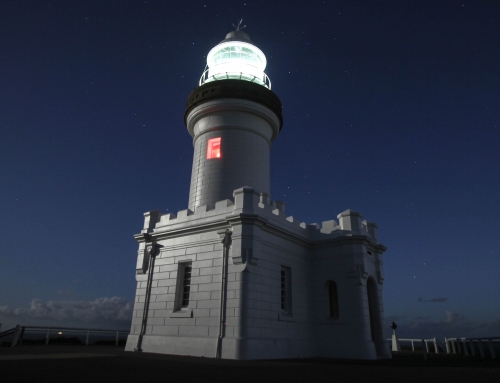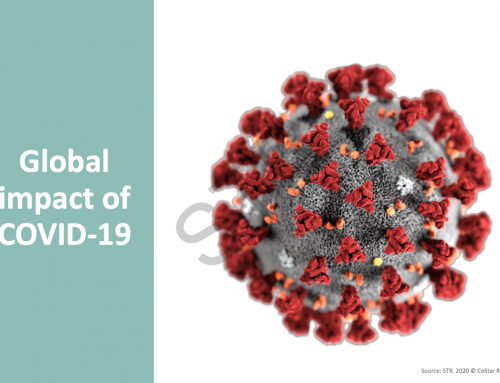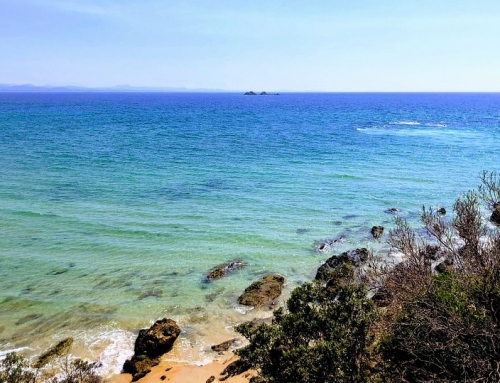Below is a collection of significant dates and celebrations that acknowledge the histories, cultures, and achievements of Aboriginal and Torres Strait Islander people.
26 January: Survival Day
On Survival (Australia) Day, the National Australia Day Council (NADC) recognises the unique status of the Aboriginal and Torres Strait Islander peoples and commit to the reconciliation journey. Aboriginal and Torres Strait Islander communities gather and reflect on history and culture.
13 February: National Apology Anniversary
This day marks the anniversary of the formal apology made on 13 February 2008 by the Government and the Parliament of Australia to Australia’s Aboriginal and Torres Strait Islander people, in particular to the Stolen Generations.
19 March 2020 (changes yearly): National Close the Gap Day
National Close the Gap Day gives people the opportunity to show their support for closing the life expectancy gap between Aboriginal and Torres Strait Islander people and other Australians. It’s a chance for organisations and communities to hold events and raise awareness of the Indigenous health crisis.
26 May: National Sorry Day
National Sorry Day offers the community an opportunity to acknowledge the impact of the policies spanning more than 150 years of forcible removal of Aboriginal and Torres Strait Islander children from their families. The first National Sorry Day was held on 26 May 1998 following the Human Rights and Equal Opportunity Commission report, Bringing Them Home: The ‘Stolen Children’ report (1997), which recommended that a national day of observance be declared.
27 May to 3 June: National Reconciliation Week
Each year, National Reconciliation Week celebrates the rich culture and history of the first Australians. The week provides an opportunity to reflect on achievements so far and the things that must still be done to achieve reconciliation.
3 June: Eddie Mabo Day
Eddie Mabo Day marks the anniversary of the High Court of Australia’s judgement in 1992 in the Mabo case. This is a day of particular significance for Torres Strait Islander Australians.
5 to 12 July 2020 (first Sunday of July): NAIDOC Week
NAIDOC celebrations are held around Australia to celebrate the history, culture, and achievements of Aboriginal and Torres Strait Islander people. The week is celebrated not just within the Indigenous community, but also increasingly in government agencies, schools, local councils, and workplaces. Wherever you live, taking part in NAIDOC Week is a great way to celebrate Aboriginal and Torres Strait Islander cultures and to build bridges between all Australians.
During NAIDOC Week: Arakwal Cultural Family Day
Join the Bundjalung of Byron Bay (Arakwal people) and local community in celebrating and recognising Aboriginal people’s culture and contributions.
4 August: National Aboriginal and Torres Strait Islander Children’s Day
National Aboriginal and Torres Strait Islander Children’s Day was established by the Secretariat of National Aboriginal and Islander Child Care (SNAICC) in 1988. Each year, SNAICC has a theme for Children’s Day to highlight a significant issue, concern, or hope for Aboriginal and Torres Strait Islander children.
9 August: International Day of the World’s Indigenous People
The United Nations’ International Day of the World’s Indigenous People is observed on 9 August each year to promote and protect the rights of the world’s Indigenous population. This event also recognises the achievements and contributions that Indigenous people make to improve world issues such as environmental protection.
2 September 2020 (changes yearly): Indigenous Literacy Day
Indigenous Literacy Day is held to raise literacy levels and improve the lives and opportunities of Indigenous Australians living in remote and isolated regions.







